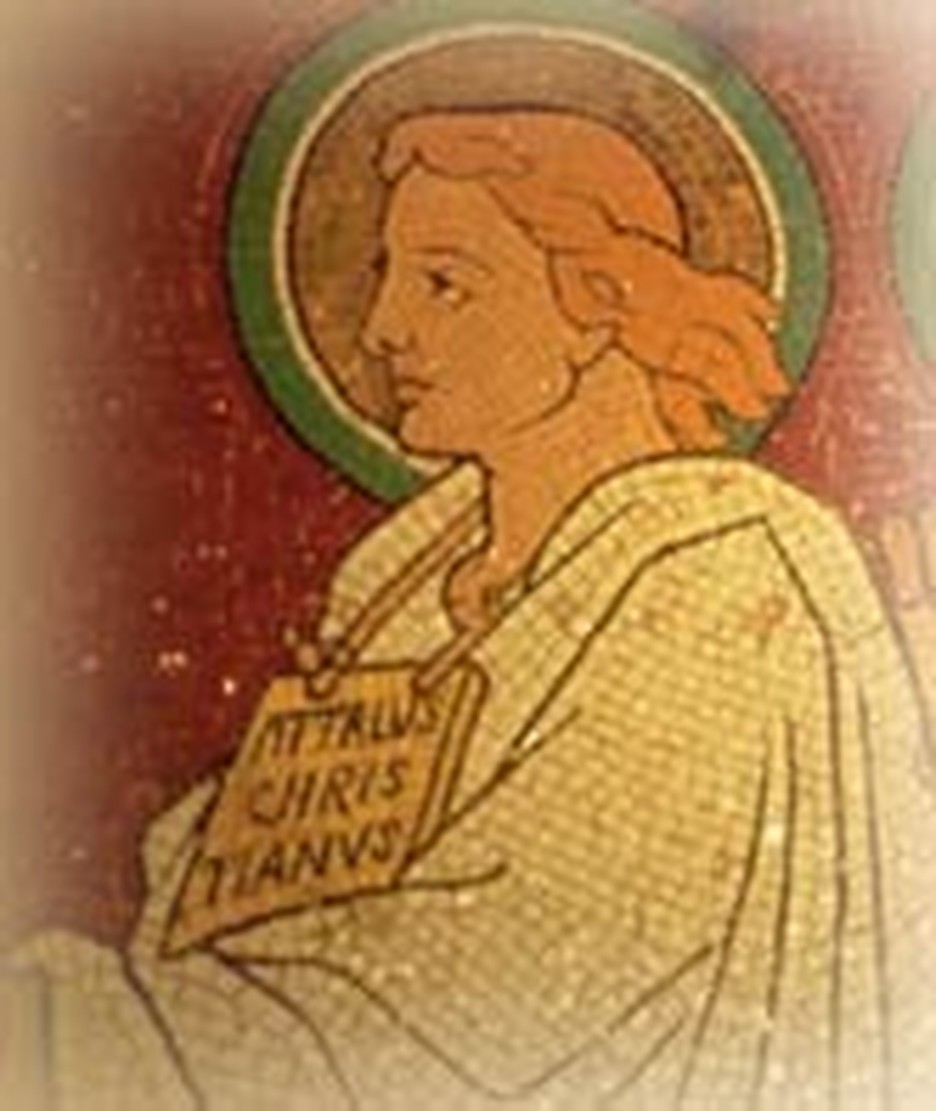
When Mao Tse Tung founded the People's Republic of China in 1949, the Christian church was severely persecuted, with little information coming to the outside world. In 1972 some Americans received an unusual message from China--that the "This I know" people were well! The Chinese authorities thought the message nonsensical, so they let it through. The Americans clearly understood the reference to Anna Warner's simple hymn--"Jesus Loves Me."
"Jesus Loves Me" with its simple, direct message, is one of the first hymns missionaries teach to new converts. It was the favorite hymn of Francis Schaeffer, who recognized that ultimately what intellectuals and children alike need is the simple message of Jesus. Amy Carmichael, the Irish missionary to India, was converted after hearing this hymn at a children's mission in Yorkshire, England.
The writer, Anna Bartlett Warner (1820-1915) and her sister Susan were the daughters of a prominent New York lawyer who bought Constitution Island on the Hudson River for a retirement home. When Mr. Warner lost much of his fortune during the 1837 panic (depression), the family's summer home of Good Crag became the family residence. Anna and Susan began writing to supplement the family income. Susan wrote several novels which were quite popular in her day. Her Wide, Wide World was considered a best seller after Stowe's Uncle Tom's Cabin.
DISTANT DATELINE: The Notorious Peregrinus Goes Out in a Blaze at Olympics Philosopher-Rogue Lived Well by Defrauding Christians.
OLYMPIA, GREECE, AD 165. It was one of the finest Olympics in this reporter's memory. The festivities, however, were marred when at the end of the games Cynic philosopher, one-time Christian leader and long time fugitive, Peregrinus, built a large pyre, lit it with a torch, threw himself on it and burned to death before a large crowd.
A fellow Cynic philosopher named Lucian has looked carefully into Peregrinus' life. He said that this clever and eloquent deceiver, after a morally corrupt youth, learned of the Christians in Palestine and joined up with them. He soon attracted a devoted following by his great ability to explain the Christians' books. He even wrote some himself and became a leader in a church where he came to be regarded as next to Christ himself.
He was thrown in prison as a Christian. The believers left nothing undone to rescue him. Christians set up a watch at the prison and brought him elaborate meals. Even aged widows and young orphans gathered there at the break of day. A lot of money was given by Christians to Peregrinus while he was imprisoned. It made him wealthy. As Lucian observed: "The Christians are not captive to material things and consider them common property... So if any charlatan and trickster, able to profit by occasions, comes among them, he quickly acquires sudden wealth by imposing upon simple folk."
Christians, whose movement was founded only in the last century, are widely known for their generosity and sharing. "We hold everything in common except our wives," one of them has said. Thus they are a convenient target for exploiters. Their founder warned them of "ravenous wolves" that would invade their flock. One of their earliest writings, the "Didache," noted the Christian's disposition to welcome guests and visiting preachers. It cautioned believers to host such guests three days at the most, and if they started asking for money to throw them out!
Peregrinus was released from jail by the governor of Syria. He was eventually disowned by the Christians, however, when they discovered him eating food (probably meat offered to idols) forbidden to those believers.
Peregrinus left the church a wealthy man and went around the world including Egypt, Italy and Greece. He was a troublemaker everywhere and sometimes a political radical. He even counseled the Greeks to take up arms against the Romans. The man would do anything for attention and craved the adulation of the crowd. His exit by fire here at Olympia was his last and greatest plea for recognition.
EDITOR'S POSTSCRIPT: This report is based on The Passing of Peregrinus in Lucian, Volume V, translated by A.M. Harmon in the Loeb Classical Library published by Harvard University Press.



